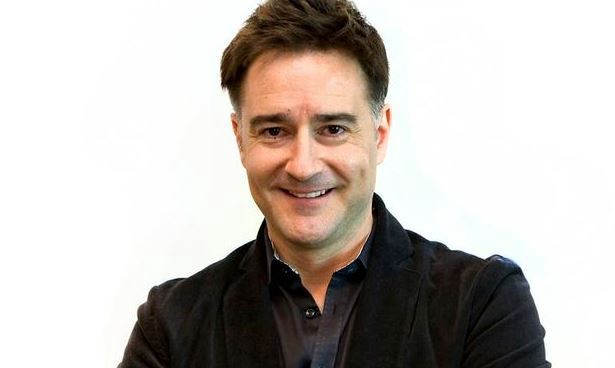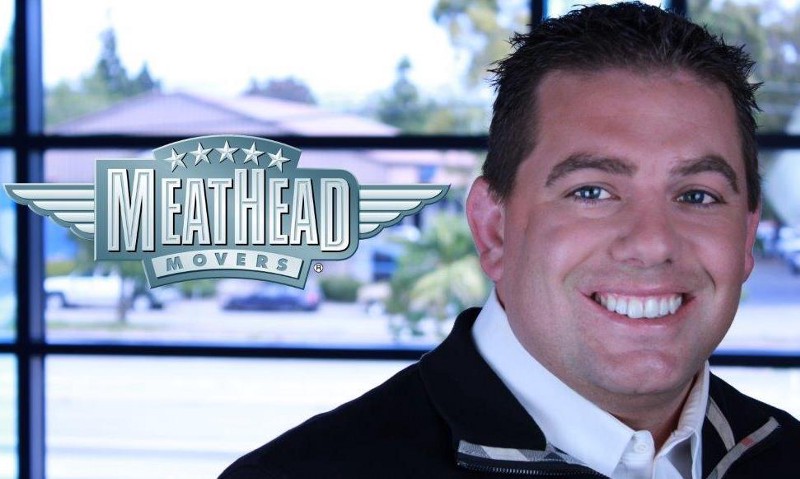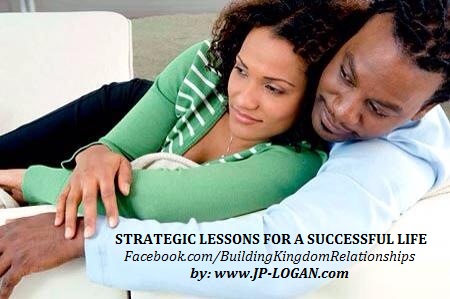According to a growing body of academic evidence, the divide is not some unchangeable character trait; it’s our habit, and habits are flexible.
To get insight into what actually works, I interviewed many of the country’s most successful entrepreneurs and business leaders whose records speak for themselves. The list includes a former Fortune 500 CEO, the founder of USA Network and the Syfy channel, the founder of 1–800-GOT-JUNK?, and many other successful entrepreneurs who have built multimillion dollar companies.
1. Leverage the Chameleon Effect

Brian Scudamore, founder and CEO of 1–800-GOT-JUNK?, You Move Me, and Wow 1 Day Painting
When focus fails me, I find an empty desk in the office and sit next to a focused employee who I don’t really know. This approach keeps me focused in three ways:
It helps me feed off the person’s concentration.
The well-studied chameleon effect shows that we unconsciously copy the postures, mannerisms, facial expressions, and other behaviors of people around us.
It makes me want to be a good role model.
We often try to please the people we know the least more than the people we’re closest to. As the leader of our organization, I feel extra pressure to stay focused when I’m sitting right next to someone I don’t know as well.
It gets me out of mental ruts.
“Many of our repeated behaviors are cued by everyday environments,” according to studies conducted by Wendy Wood and James B. Duke, professors of psychology and neuroscience. So changing my workstation changes my behaviors.
Even if you don’t have lots of employees, you can still find the right people to sit next to at co-working spaces and cafes.
2. Turn Your Vendor Into Your Accountability Partner

Aaron Steed, CEO of Meathead Movers
The constant motivation to enhance your image to others is a core part of what it means to be human and has been widely studied. I’m a big believer in channeling this never-ending pool of motivation into important things I want to get done. I do this through finding the right accountability partners and adding positive and negative consequences.
For example, I’ve been a nail biter for as long as I can remember. It became so much of an insecurity that I hid my hands under the table during business meetings.
Finally, one day, I was getting a manicure, and I noticed that my manicurist bit her nails too. In a friendly manner, I teased her on the irony and we hit it off. That’s when I got my big idea: “What if we stopped biting our nails together?”
Here’s the deal I came up with:
https://medium.com/life-learning/how-to-motivate-yourself-in-10-easy-steps-ce4bda22988#.4xb2ramao
Strategic Support
“Striving for Excellence, Onward and Upward!”
www.JP-LOGAN.com

